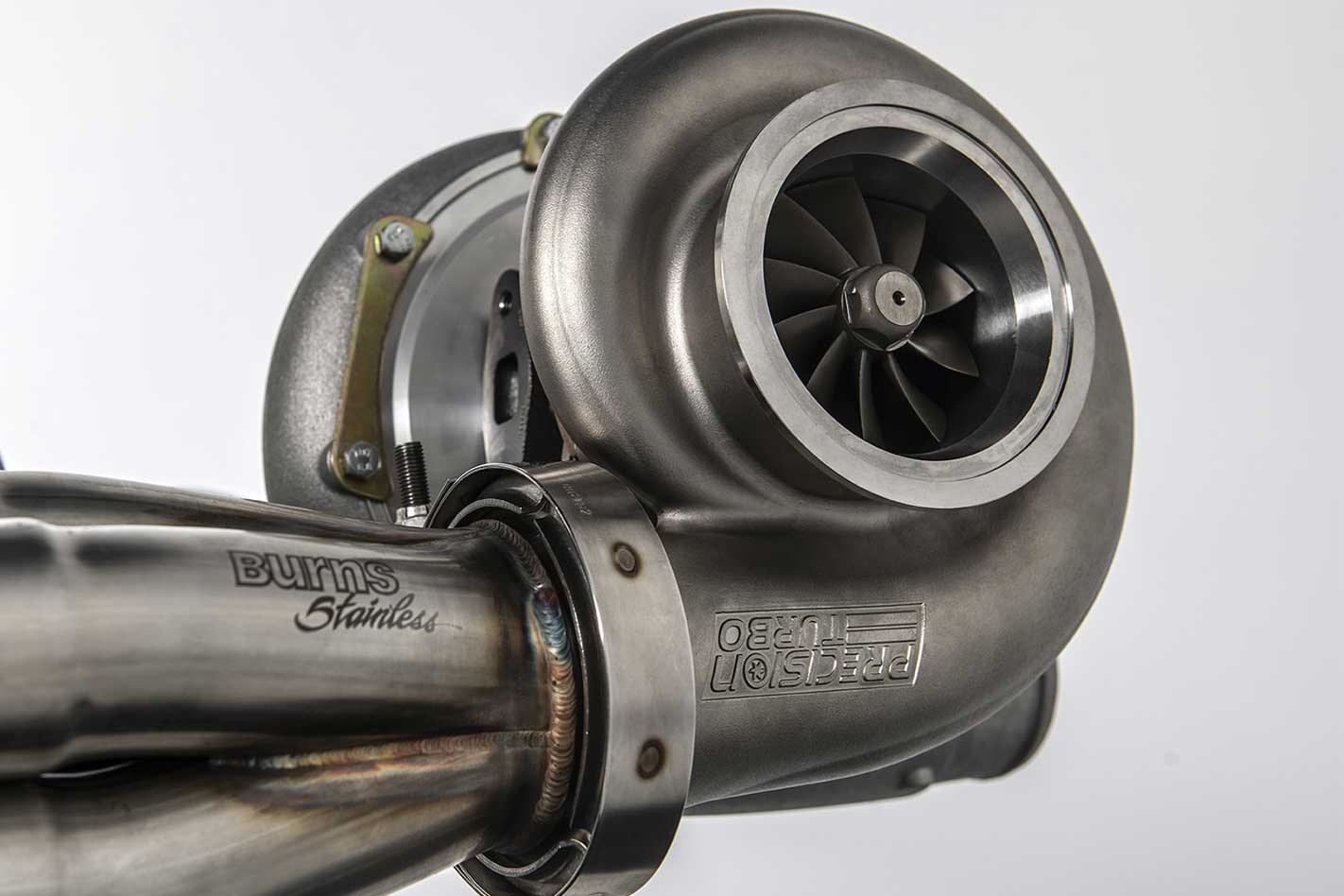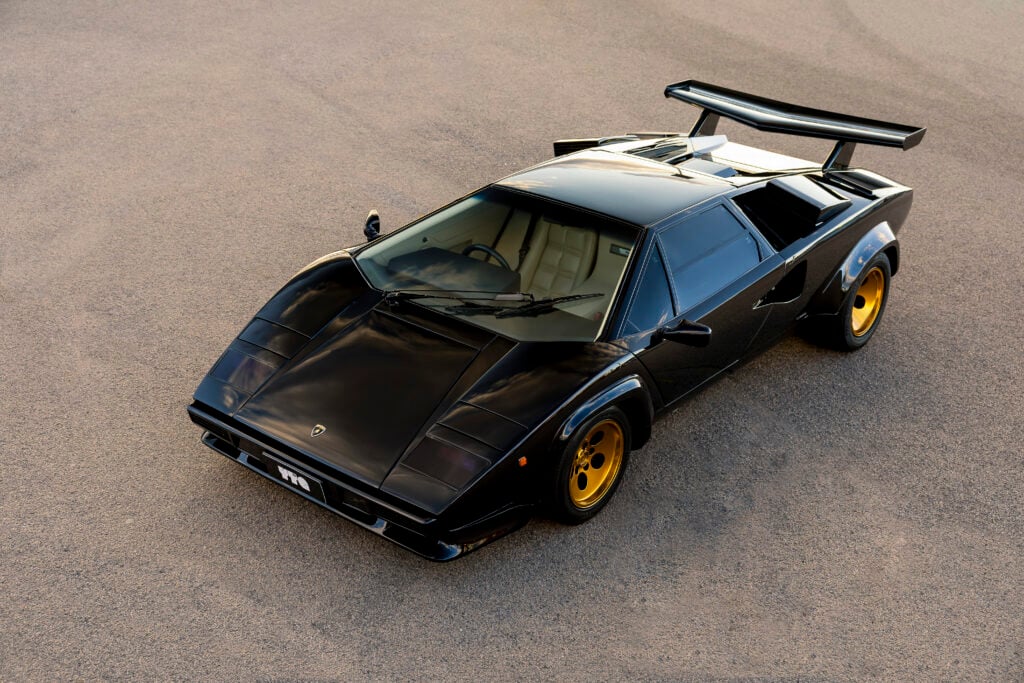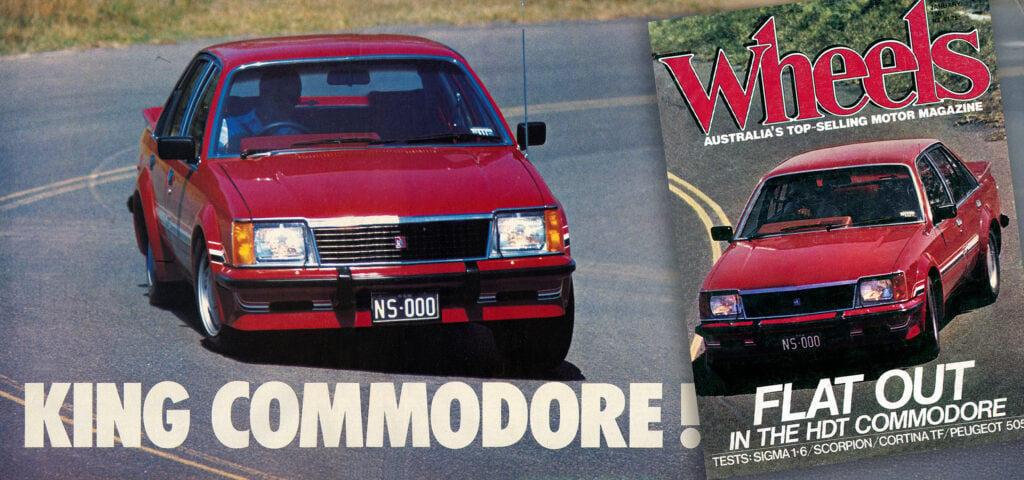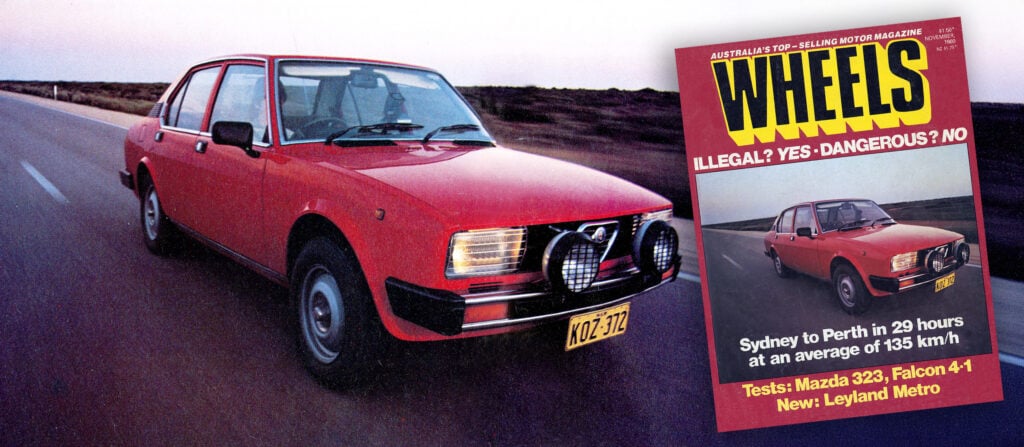It was always going to be curious to see if a few engineers would ‘kick it’ and try to make some truly legendary performance cars from the downsized turbocharged engines somewhat foisted upon them. And if two cars featured in the December 2019 issue of MOTOR are any measure, it seems that will be the case.
First up, the car featured on the December issue’s cover. The next generation BMW M3/M4, codenamed G80/G82, appears to spurn hybridisation – even in ‘mild’ form, unexpectedly – for a petrol-only straight-six.
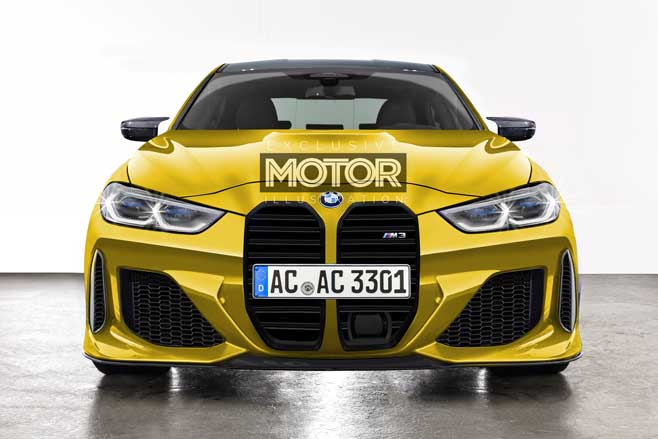
The twin-turbo S58, as the 3.0-litre engine is known, is an all-new development from the Bavarians and while power is expected to reach 375kW in Competition guise, BMW’s M Division boss Markus Flasch is already making noises that the focus has been on creating a more exciting performance car – not just a quicker one.
The fitment of all-wheel drive will see to the latter, but even more important again is that the M3/M4 appears to achieve its emissions goals in ways that don’t require the fitment of a hybrid system. Partly in this car’s case, that’s a new engine with the latest tech and a focus on reducing overall vehicle weight, expected in the next M3/M4’s case to drop by as much as 65kg over the previous model. And at about 1520kg the F80 M3 was hardly tubby. All this should make for a car better at thrilling in every way, not just when you put your foot down.
There’s another relevant car to this that we’ve managed to get a ride in, if not a drive, the same December issue – the forthcoming Porsche 992 911 Turbo S. It hasn’t even been revealed yet but in an Aussie exclusive, our man Georg Kacher has experienced it, from the passenger seat, in all its 485kW, 0-100km/h-in-2.7sec twin-turbo glory. Again, this was a car I was fully expecting to be sporting e-Hybrid badges and an electric motor, as has been fate for other Turbo S models in Porsche’s range.
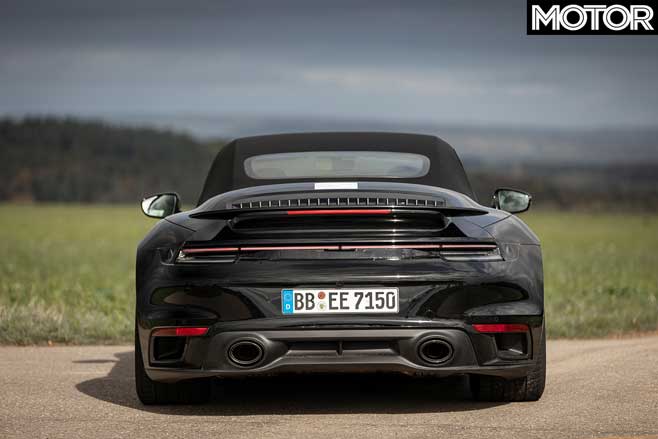
But such is not the case. The new Mr 911, Frank-Steffen Walliser, says hybridisation was not used for the next 911 Turbo S because it adds too much weight, cost and is difficult to package. By inference, Porsche is able to achieve its emissions goals for this car by keeping check of overall vehicle weight – which it has, despite new, heavier hardware – and finding even more efficiency from the internal combustion engine, in the Turbo S’s case an impressive new 3.8-litre flat-six.
It seems the current era of downsized turbocharged engines could be yet to show off its full magic, before hybridisation inevitably creeps in en-masse to bridge us to full electrification.
For many modern turbo performance cars, the focus has already swung from just trying to maximise output, if nothing because many models are reaching the limitations of two-wheel drive. But this has given licence, it seems, to engineers to work instead on improving more qualitative facets such as response, power delivery and noise.
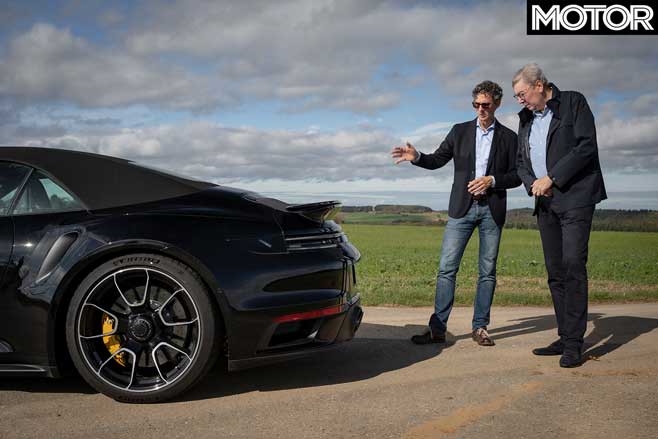
Customers are asking for it, after all. And next to separate efforts to reduce the car’s overall weight, this is very good news. As ever, with time expect to see the approach at the top end of town ‘trickle down’ to the affordable end of the performance market, too.
Back at BMW, the still new-ish boss of M Division has already made himself sound like someone who listens to customer feedback. So if BMW can make a lighter, slightly more powerful, more responsive – better sounding – M3 and M4, the G80/G82 might feel as if BMW wanted to replace the beguiling atmo 4.0-litre V8 with a twin-turbo six all along.

